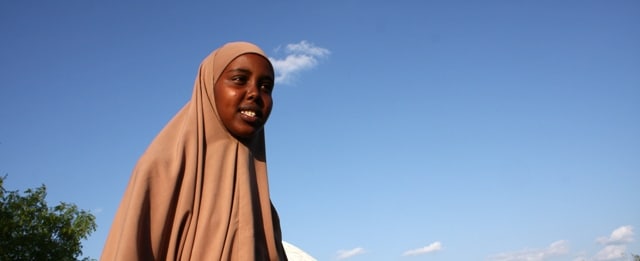Update on Development Research Grants
26-11-14
Past, present and future application rounds for development research grants within the framework of Danish Development Cooperation
The 2014-round applied for in September 2013, has now been concluded.
The round results in the final granting of 14 projects, which will start at the beginning of 2015 and run for about 5 years.
You find the projects granted here.
2015-round is ongoing
The 2015-round is currently ongoing. The Call for Applications 2015, Phase 1, is now closed.
In late November 2014, the Consultative Research Committee for Development Research (FFU), an advisory Committee to the Danish MFA, will meet and recommend which Phase 1 applications should be invited to prepare a Phase 2 application. The FFU will assess only 57 of the 151 applications submitted under the Call 2015, Phase 1.
Some applications were rejected for not complying with the formal requirements of the Call. Some applications were not prioritized for further consideration during a national screening process in Ghana, Tanzania, and Nepal.
The applications prequalified at the FFU meeting will be invited to submit a Phase 2 application in March 2015, and the final recommendation for funding by the FFU and the subsequent selection by the Danish Danish Ministry of Foreign Affairs (MFA) will take place in June 2015. The projects granted can then start from January 2016. The total budget available for the 2015 Call is DKK 155 million (approx. USD 28.4 million). The duration of the grants is up to 5 years, and the grant amount for each project is up to DKK 10 million.
Call for Applications for 2016
The next Call for Applications (2016) is expected to be issued in March or April 2015 here.
The application deadline will be around September 2015, prequalification (Phase 1) around November 2015, final selection (Phase 2) in June 2016, and project start at the beginning of 2017. Information meetings for applicants will be held in Denmark, Ghana, Nepal, and Tanzania during the months following the Call.
During the application process applicants must identify research partners. When a future applicant for a South driven project searches for a relevant Danish research partner, this can be approached by searching international scientific databases such as http://scholar.google.dk/, https://www.researchgate.net, the Danish research database http://www.forskningsdatabasen.dk/ or similar.
Further inspiration
Inspiration could also be found by searching among ongoing and past projects at the Danida Research Portal or by entering the Danish Development Research Network website.
An overview of the eight universities in Denmark is accessible here and it is possible to search researchers according to subject. If a potential Danish partner institution cannot be identified in this way, further guidance on match making can be obtained from the Research Unit at DFC.
………………………..
Facts: Support to development research
The objective of the Danish support to development research is to generate new knowledge capable of alleviating development problems and strengthening research capacity in Danish priority countries. The administration of the application rounds is handled by DFC for the Danish Ministry of Foreign Affairs (MFA).
The annual Calls for Applications are applicable for both North and South driven development research grant applicants, representing groups of scientists in Denmark, Ghana, Nepal, and Tanzania.
The Calls cover different themes for each of these countries. Applications can only be submitted by a research based institution, and the research projects must be carried out in research cooperation partnerships.
The North driven research projects must be applied for by research institutions in Denmark with partner institutions in Danida priority countries.
The South driven research projects should be applied for by research institutions in Ghana, Tanzania, or Nepal with partner institutions in Denmark. All projects must focus on the research capacity enhancement in the south partner country.
The application rounds consist of two phases, a pre-qualification round (Phase 1) and a full project proposal round (Phase 2). Only a limited number of applications are invited to submit a fully fledged project proposal based on their Phase 1 application.
Go back to our stories
